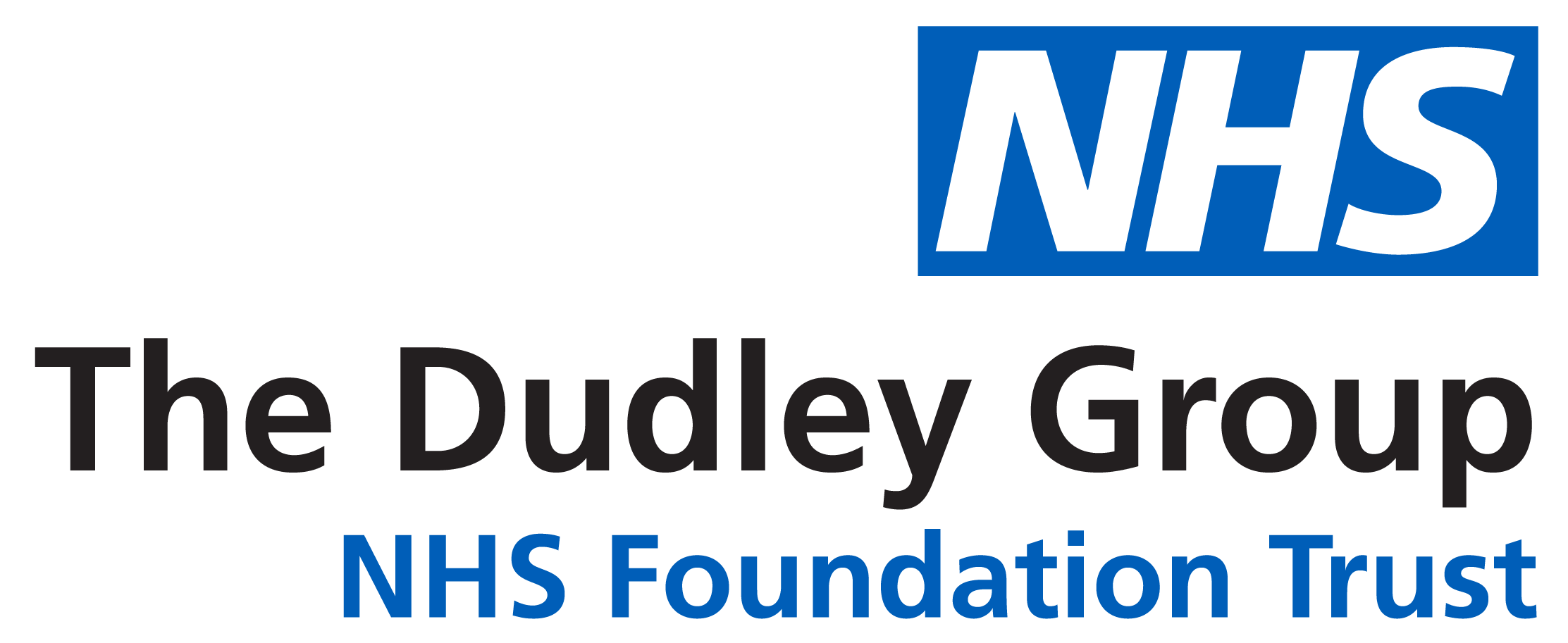Our
Pharmacists
Pharmacists are degree holders, graduating with an MPharm Honours degree or equivalent. Postgraduate studies can include MSc, Clinical Pharmacy Diploma, Independent Prescribing and many other operational and leadership courses.
PHARMACIST GRADINGS IN THE NHS:
Band 5 – during their hospital foundation ‘trainee’ year (this used to be called pre-registration year)
- Band 6 – Foundation year
- Band 7 – Senior pharmacist. They can commence clinical specialist training for about 2-3 years, with the opportunity to progress to advanced band 8a roles.
- Band 8b – these roles tend to be either senior advanced roles or senior managers.
. - Band 8c – these can be senior leaders or consultant roles
Band 9 – this is normally a chief pharmacist role equivalent
The home delivery service is a brilliant part of Dudley, and it shows how much we care about the patients. So I really love being part of it.
Bryony Garfield
Pharmacist
OUR PEOPLE, THEIR INSIGHTS - BRYONY GARFIELD
Bryony is a part time rotational pharmacist. She provides an insight into the areas of pharmacy she supports, and also gives an overview of our home delivery pharmacy service.
What is the role of a
hospital pharmacist?
Pharmacists help to prescribe and offer advice on medications to treat a wide range of health conditions and complaints.
They’re a key part of every field of medicine, from acute care to chronic disease management. Pharmacists are specialists in the field of medicine and help other healthcare professionals identify the best and safest course of medication for patients.

They assist doctors in identifying and prescribing everything from antibiotics to pain relief to medication to treat mental and physical health conditions. It’s also a pharmacist’s responsibility to check for dangerous interactions between drugs and advise on alternatives in the case of allergies or intolerances.
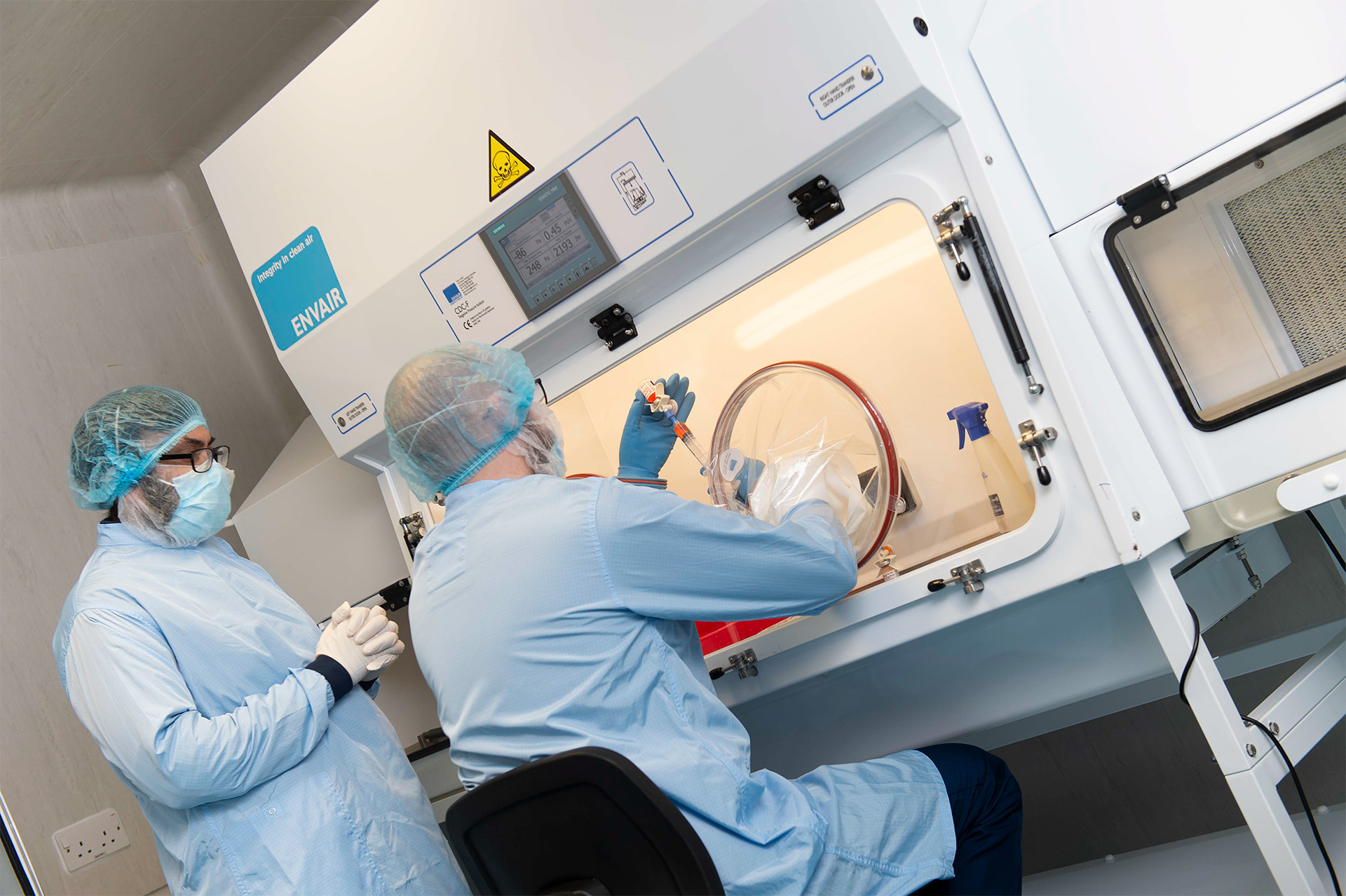
While the delivery of medication is a major part of the job, the role extends far beyond this, as they are seen as a core member of the hospital team when it comes to delivering patient care.
Select the link below to view the key responsibilities of a hospital pharmacist :
SELECT A TITLE BELOW TO FIND OUT FURTHER INFORMATION
A key role in a hospital pharmacist’s job is determining which form of medication best suits each patient. Each decision must be made in a timely and efficient manner and requires significant input from doctors, nurses and other healthcare professionals.
Pharmacists will often monitor the effects of the medications they prescribe and counsel their patients on the effects of the drugs, recommend administration routes and dosages, all of which are dependent on an individual’s needs.
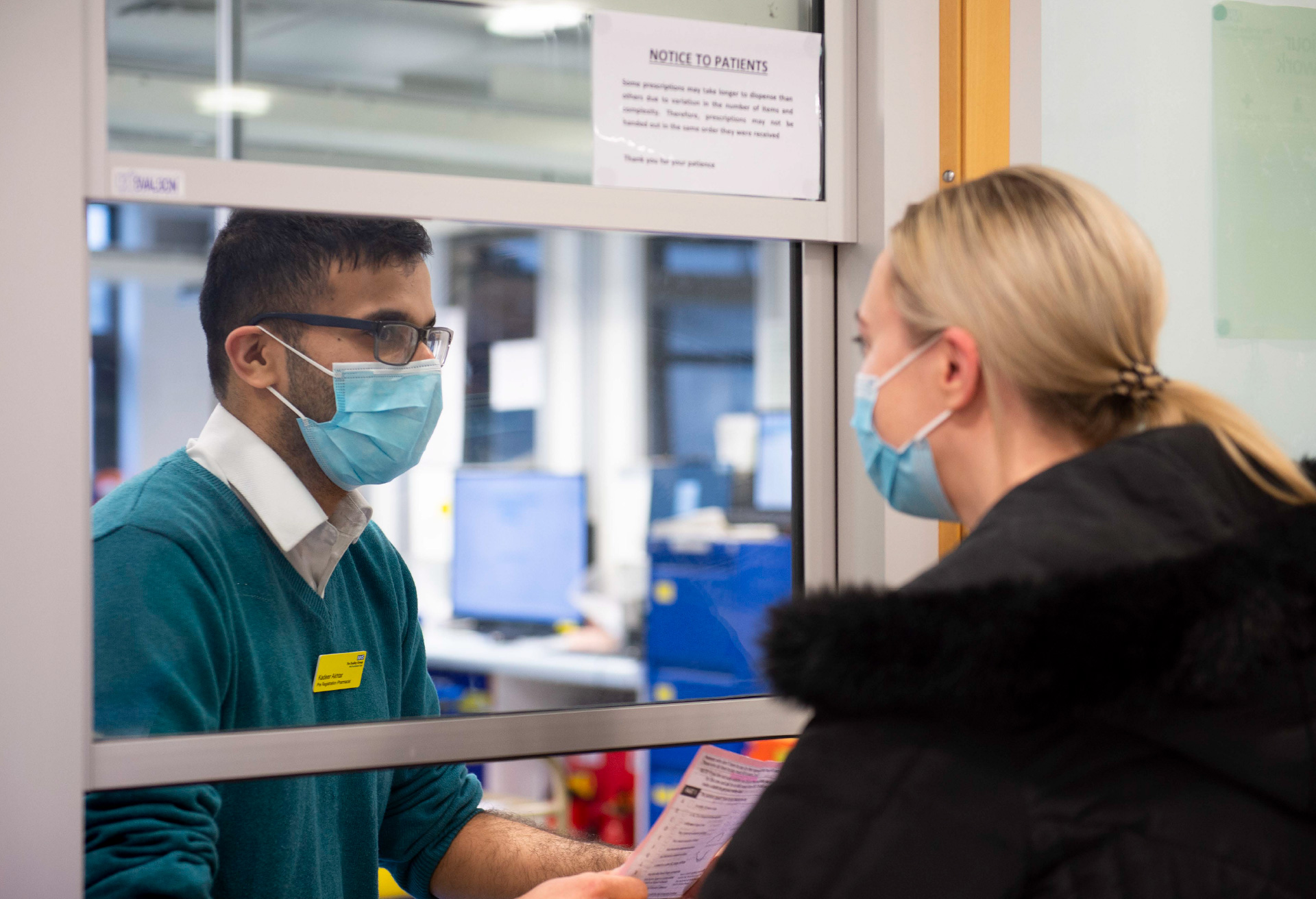
A hospital pharmacist is often a great source of advice for patients. They can also be called upon to recommend safe combinations of medicines or solutions to specific patient problems.
Hospital pharmacists can offer information on potential side effects and check that medicines are compatible with existing medication. They will often also monitor the effects of treatments to ensure that they are proving effective, safe and appropriate to the user.
Hospital pharmacists are an integral member of the multidisciplinary team working closely with other members of staff, such as physicians, nurses and allied health professions e.g., dieticians, physiotherapists.
Paper or electronic drug charts provide a vital source of information and act as an efficient method of communication between hospital pharmacists and other members of clinical and medical staff. Hospital pharmacists monitor these charts and ensure that the correct medication is being provided to each patient, supporting prescribers to optimise medication for reach patient and their underlying conditions, support nursing staff in the best ways to administer the medication e.g., form of medication a patient requires, with options including tablets, injections, ointments or inhalers.

Pharmacy staff are directly supporting the safe discharge of patients, as it is the duty of a hospital pharmacist to keep track of which patients are being discharged and inspect the discharge summary. This requires the pharmacist to inspect the patient’s drug chart to ensure that the medication prescribed matches that contained in the discharge summary. It is then the responsibility of the pharmacy team (pharmacy technicians, assistants, and apprentices) to dispense the correct medication.
Many hospital pharmacists are also qualified independent prescribers and can prescribe medication within their clinical scope of work.
As with any healthcare job, hospital pharmacists are expected to remain up to date with all aspects of medicine. This includes their usage and any new developments that may occur. Utilising various information sources and continuous professional development allows hospital pharmacists to remain an excellent source of clinical and pharmaceutical advice
To do this, hospital pharmacists undertake postgraduate study after their initial foundation learning. Pharmacists may complete a postgraduate clinical pharmacy diploma, or MSc in clinical pharmacy or other clinical speciality e.g. oncology. Others will continue their practice into clinical specialities and undertake advanced practice to enhance their portfolios further into consultant practice.
Leadership and management go hand in hand with development of senior roles and advanced clinical specialism. However, some pharmacists work towards senior leader roles and become service heads, clinical directors and chiefpharmacists.

Hospital pharmacist duties can extend beyond the ward too.
Hospital pharmacists are responsible for monitoring the supply of all medicines used in the hospital and oversee purchasing, manufacturing, dispensing and quality testing their medication stock along with help from pharmacy assistants and pharmacy technicians.
The role can extend to manufacturing medicines when ready-made preparations are unavailable.

Hospital pharmacists are a valuable commodity. Once fully qualified, a hospital pharmacist can impart their knowledge of medicine to other members of healthcare staff. Patients may also benefit from this wisdom, particularly pregnant or breastfeeding women, or those with chronic conditions affecting their heart, liver or kidneys.
For cases that offer a greater degree of complexity, hospital pharmacists are required to use their adept communication skills to gather more information on a patient. Once these facts have been obtained, they are expected to come to a qualified decision over the best course of action.
Factors such as medical history, lifestyle, existing medication and beliefs of the patient, as well as their ability to understand and follow an individual treatment plan, are all important factors when it comes to dispensing or prescribing medication.
Hospital pharmacists can improve their skills through regular rotations. Rotations see hospital pharmacists operate in a different department within their hospital for a set amount of time, essentially like a shift pattern.
Such departments can include:
- clinical specialities and wards,
- aseptic services,
- pharmacy operations,
- antimicrobial stewardship,
- medicines safety and governance,
- formulary
- medicine information.
Working these rotations allows a hospital pharmacist the chance to develop and gain a much more well-rounded skill set.
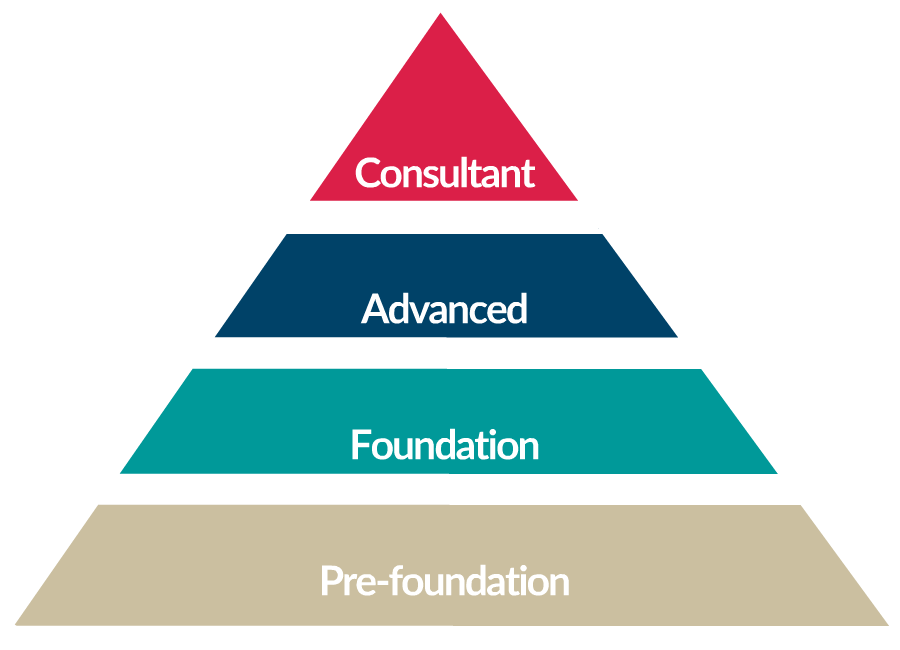
Hospital pharmacist jobs certainly don’t come with a glass ceiling. The role offers plenty of scope to progress up the banding system. Generally starting at Band 6, there is the potential for a hospital pharmacist to improve their skills and, ultimately, their band.
For those with extensive experience or advanced skills, Band 7 managerial positions are achievable, as is Band 8B to 8D consultant pharmaceutical roles. These act as superb incentives and offer fantastic career paths.
The development of pharmacy professionals should not stop once their initial education is complete. In fact, further development continues through foundation and then advanced level practice. Some pharmacists are also practicing at a consultant level.
LINKS TO ESSENTIAL DOCUMENTS
Below are some useful website links that can help and support your training.





